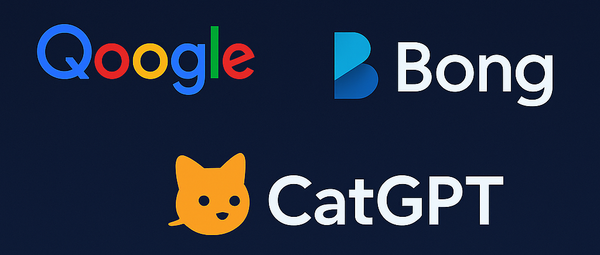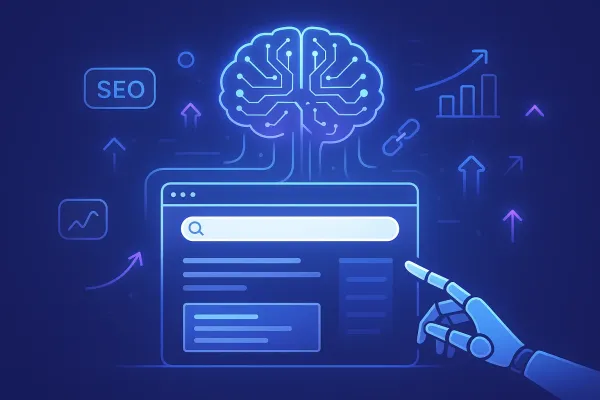How to Optimize Metadata Using AI Tools
How I use AI tools to optimize metadata faster and better. Generate titles and descriptions that follow SEO best practices and attract more clicks.

In my previous post, I explained the basics of metadata optimization. Titles, descriptions, and social tags are small details that can have a big impact on SEO.
But writing compelling metadata is not always easy. It’s repetitive, sometimes boring, and often ends up either too long, too short, or too keyword-stuffed.
That’s where AI tools can help. Here’s how I’m experimenting with them to generate and improve metadata step by step.
1. Why use AI for metadata?
- Speed: AI can draft 10 variations of a meta description in seconds.
- Creativity: Different tones (professional, casual, actionable) without rewriting yourself.
- Consistency: Enforce rules like max 60 characters for titles, 160 for descriptions.
- Optimization: Insert target keywords naturally, while still sounding human.
2. The basic workflow
- Write your draft manually (based on the content).
- Review & select the best candidates.
- Validate with tools like MetaTags.io or Portent’s SERP Preview.
- Publish & test → use Google Search Console to measure CTR.
Prompt the AI to generate alternatives. Example:
Write 5 meta titles under 60 characters and 5 meta descriptions under 160 characters.
Make them engaging, include the keyword "optimize metadata for SEO", and sound natural.
3. Example: this very post
I asked an AI tool to generate some options for this article. Here are a couple of meta descriptions it suggested:
- “Learn how to optimize metadata using AI. Generate titles and descriptions that rank higher and attract clicks in search results.”
- “Step-by-step guide to using AI tools for SEO metadata. Save time, improve CTR, and make your pages stand out in Google.”
Both are under 160 characters, include the keyword, and sound human. Much faster than brainstorming alone.
4. Limitations & tips
- Don’t copy-paste blindly: always review for accuracy.
- Train the AI with your style so metadata feels consistent.
- Use AI to generate options, not to replace your judgment.
5. Conclusion
Optimizing metadata is still about clarity, keywords, and clicks. The difference is: with AI, you can explore more options in less time.
I’ll keep experimenting with AI-first SEO workflows and sharing results here.




